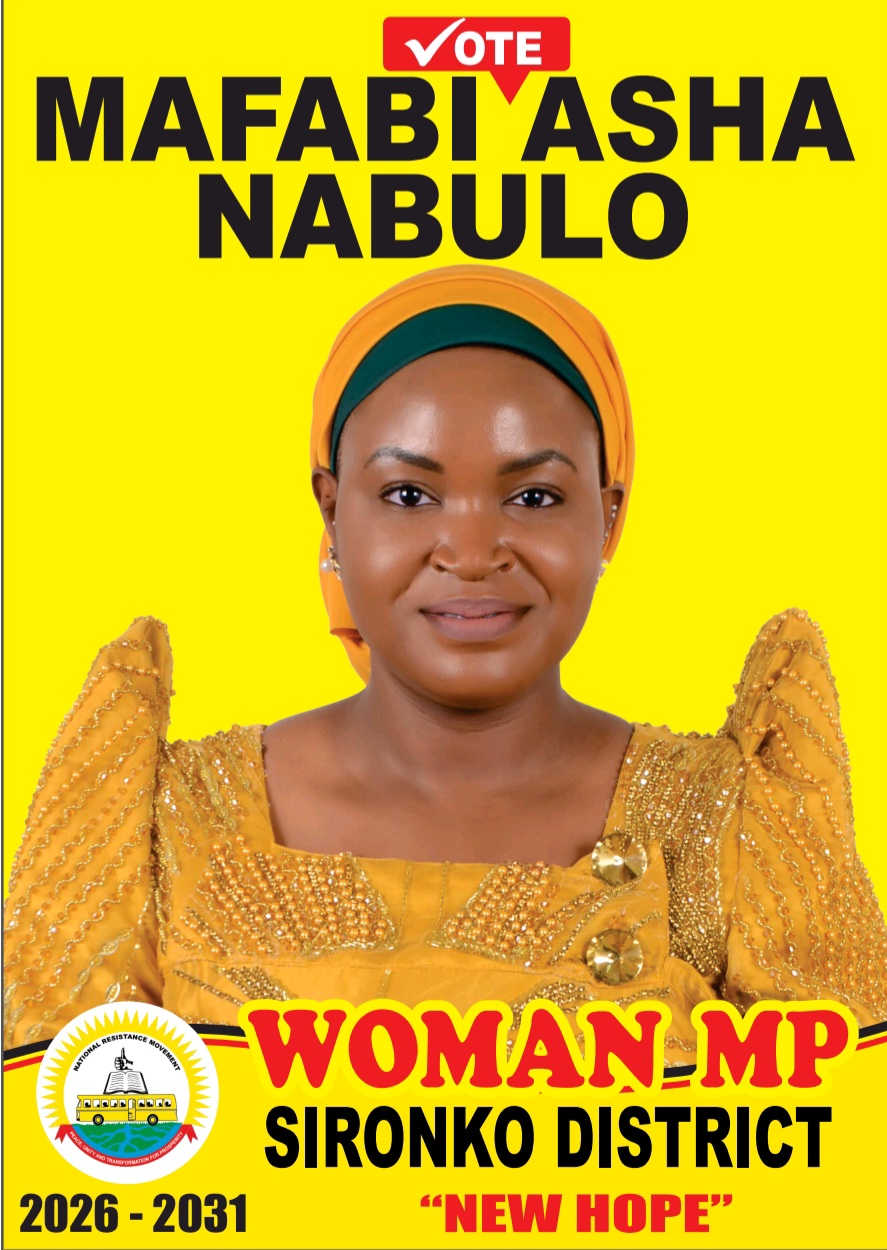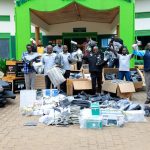Published on 25/10/2024
Ugandan Members of Parliament are rallying to bring legislative processes closer to the public by launching initiatives to promote transparency, accountability, and citizen involvement.
On October 23, 2024, MPs gathered at Kampala’s Sheraton Hotel with civil society leaders to discuss the potential of Open Parliament and open government initiatives to transform Uganda’s legislative landscape.

Organized by the Westminster Foundation for Democracy (WFD), National Democratic Institute (NDI), and Centre for Policy Analysis (CEPA), this initial meeting represents a key step in reshaping the country’s approach to legislative transparency.

Open Parliament, at its core, aims to make Uganda’s legislative proceedings more accessible, empowering citizens to actively engage in decision-making and holding MPs accountable.
Open Government expands on this by targeting transparency across all government functions through the Open Government Partnership (OGP), which promotes fiscal transparency, accessible public records, and transparent policy decisions. While Uganda is not yet a member of the OGP, there is optimism about the country’s potential to join.
Joseph Munyagabo, WFD Country Director, underscored the value of Open Parliament, describing it as an opportunity to bridge the gap between Parliament and the public. “Uganda is at a crossroads,” Munyagabo remarked, “and we have a unique opportunity to enhance legislative oversight and allow citizens to engage directly with their government.”
Roseline Idele, NDI Country Director, highlighted the global momentum behind OGP, which now includes 75 countries committed to open governance principles. According to Idele, Open Parliament practices enable citizens to monitor parliamentary proceedings, participate in public consultations, and contribute to shaping policies that affect their lives. She added that such initiatives could make the government more responsive and accountable.
The MPs voiced strong support for these initiatives, noting both challenges and opportunities. Hon. George Bhoka Didi, Obongi County MP emphasized the importance of legal and practical backing from the executive to ensure the success of Open Parliament.
Hon. Obigah Rose, Terego District Woman MP, pointed out infrastructure limitations in rural areas, such as limited internet access, which could hamper citizen engagement. Meanwhile, Hon. Laura Kanushu, PWD Representative proposed the establishment of an Open Government Forum within Parliament to formalize discussions on transparency and sustain public engagement.
Among the actionable recommendations from the meeting were the formations of a dedicated parliamentary forum to advance Open Parliament reforms and a push for non-partisan support across political lines. MPs also suggested collaborating with parliamentary leadership to benchmark open governance practices from other OGP member countries.
This initiative marks a pivotal moment for Uganda’s governance as MPs commit to collaborating with the executive, civil society, and parliamentary staff to bring this vision to life. If successful, Uganda could emerge as a regional leader in open governance, showcasing a new era of transparency, accountability, and democratic values.
The Open Government Partnership (OGP) was formally launched on September 20, 2011, on the side lines of a UN General Assembly meeting during which heads of state from eight founding governments (Brazil, Indonesia, Mexico, Norway, the Philippines, South Africa, the United Kingdom, and the United States).








